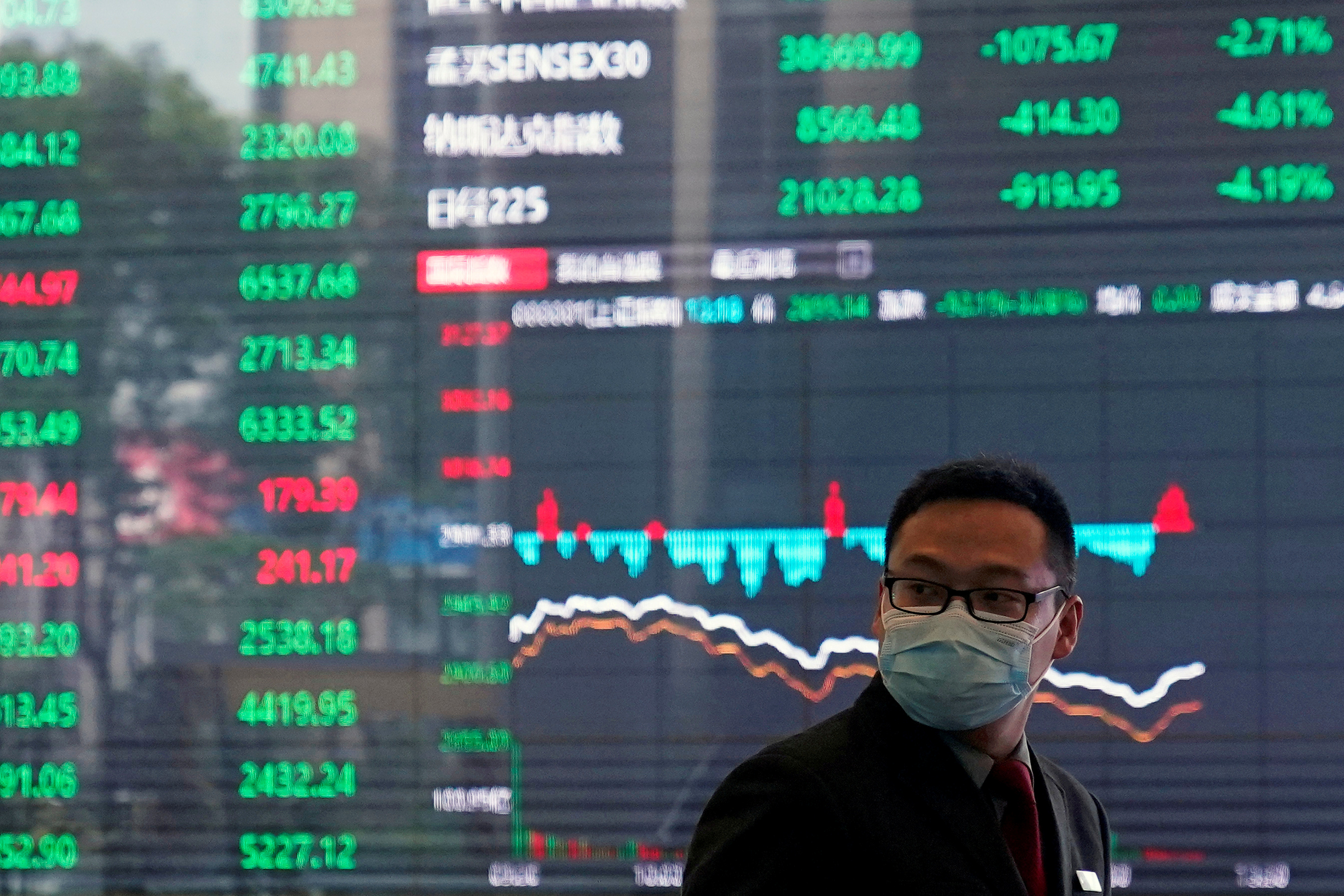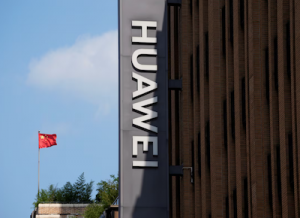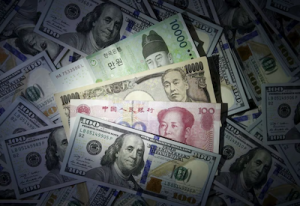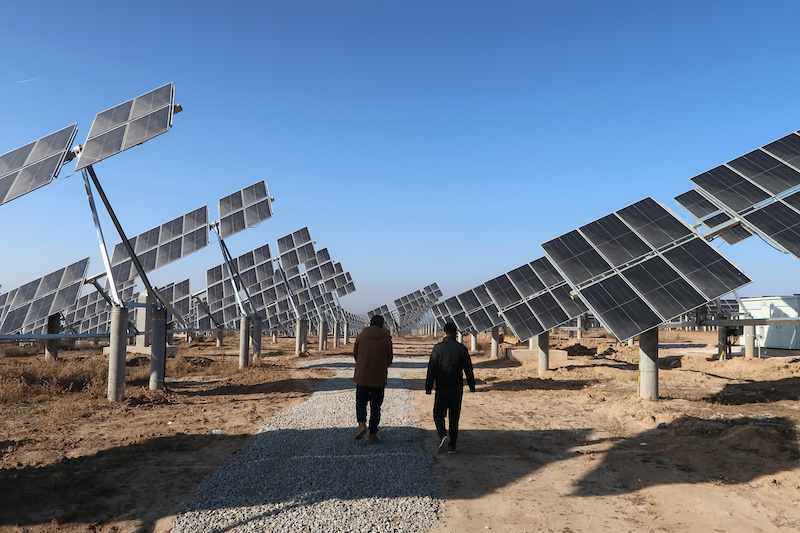(ATF) China’s sovereign bonds have joined the ranks of some of the safest debt in the world, with investors willing for the first time to pay for the privilege of lending to the Beijing government.
Huge demand for the nation’s debt saw investors bid down yields in the latest offshore sale to below zero. The red-hot market for China’s safe government debt was in stark contrast to its corporate credit markets, where concern that risks are gathering on the balance sheets of state-run companies halted a record rally on the benchmark ATF China Bond 50 Index.
The Ministry of Finance (MOF) sale of euro-denominated bonds drew orders for four times the EUR4 billion on offer. The three-tranche offering of five-, 10- and 15-year bonds sold at yields of minus-0.125%, 0.250% and 0.664% respectively.
The Asia Eight: Daily must-reads from world’s most dynamic region
That follows a $6bn dollar-denominated sale in October that saw interest rates halve.
“Similar to its USD bonds just issued last month, the MoF’s EUR bonds are also very well received by the international investors,” said David Yim, Head of Capital Markets for Greater China & North Asia at Standard Chartered Bank, one of the bookrunners. “This once again demonstrates that the international investors are full of confidence in China’s strong economic rebound and its future developments despite the lingering global COVID-19 pandemic.”
This is the first time that Chinese bonds, usually seen as riskier than their developed-market counterparts, have joined the likes of German bunds and the 10-year debt of France, Holland and Switzerland in charging investors less than zero to hold them.
More Bonds News
- Wave of new China bonds cancelled as defaults trigger market panic
- China bonds fall amid mounting default fears
- Chinese yuan treasury bonds see growing appetite
According to the Financial Times, more than $17 trillion of government bonds have a negative yield, which effectively means investors must pay borrowers for the privilege of lending. Among them are three-quarters of all Euro-denominated debt.
Chinese bond yields have slumped as investors have sought the relatively higher rewards of riskier debt following the lowering of international interest rates to stimulate the pandemic-hit global economy.
Despite the slowdown, governments have found ready buyers in central banks, which have been snapping up bonds as part of their massive quantitative easing asset-purchase programmes designed to pump extra liquidity into the ailing financial system.
“The investor base is highly diversified, including central banks, sovereign wealth funds, and global asset managers, spanning across Europe, Asia and the US,” said Yim. “In particular, European investors account for 85% of the 15-year tranche as they look for high quality long-term investment opportunity.”
While the MOF was celebrating its accession into the sub-zero bonds premier league, the picture was looking grimmer for corporate issuers at home. A rash of defaults among state-owned enterprises (SOEs) has prompted the scrapping of billions of yuan-worth of planned sales.
Tsinghua Unigroup, a tech company seen as key to achieving Chinese leader Xi Jinping’s dream of Chinese self-sufficiency in semiconductor production, became the latest high-profile company to bilk on bond repayments.
Bloodletting
A statement from the parent of the company, which has links to China’s top engineering college the Beijing Tsinghua University, said it “was not able to redeem” a 1.3bn yuan bond that was due on November 16.
According to an exclusive ATF report, about 120 SOEs have defaulted in recent weeks. Investors began taking note when Yongcheng Coal and Electricity Holding Group defaulted on a 1bn yuan bond. The contagion spread to Brilliance Auto Group, an automaker linked to BMW. A gauge of SOE bonds on the benchmark ATF China Bond 50 Index fell for a third consecutive day on Wednesday.
China’s interbank bond market regulator moved on Wednesday to stanch the bloodletting, saying it would tighten rules on debt issuance, including banning the practice of companies funding themselves, to protect investors’ legal interests.
In a statement, the National Association of Financial Market Insitutional Investors (NAFMII), a self-regulating body under the central bank, said the new rules, to be phased in over several months, would help to improve the standardisation of debt financing.
Companies will be banned from buying their own debt issuance, or using related entities to buy up issuance using the issuer’s own capital.
The new regulations also will require related parties, including an issuer’s senior executives and major shareholders, to disclose their purchases of the issuer’s debt.
The rules will be phased in through February 1.
- Additional reporting by Reuters























